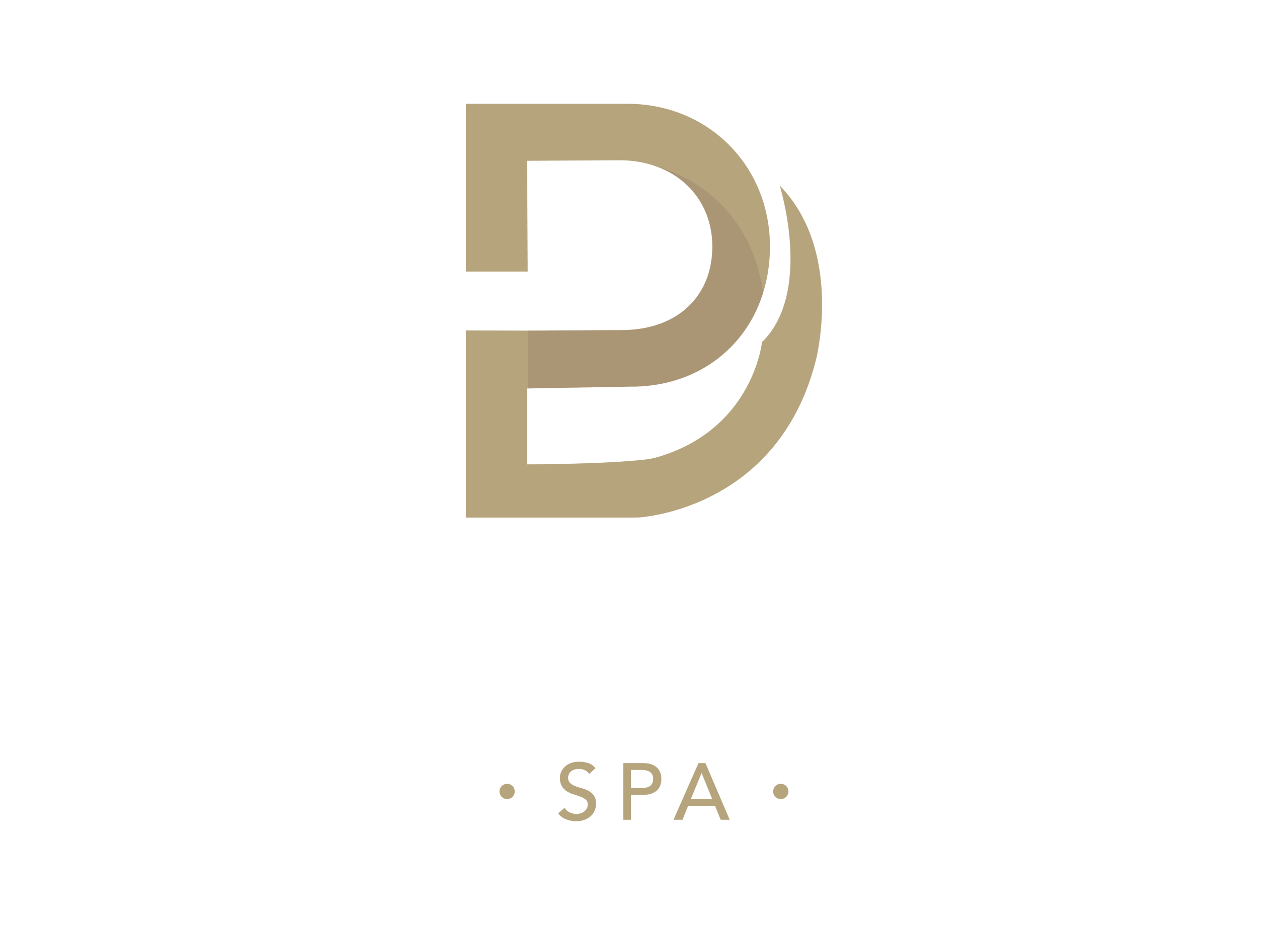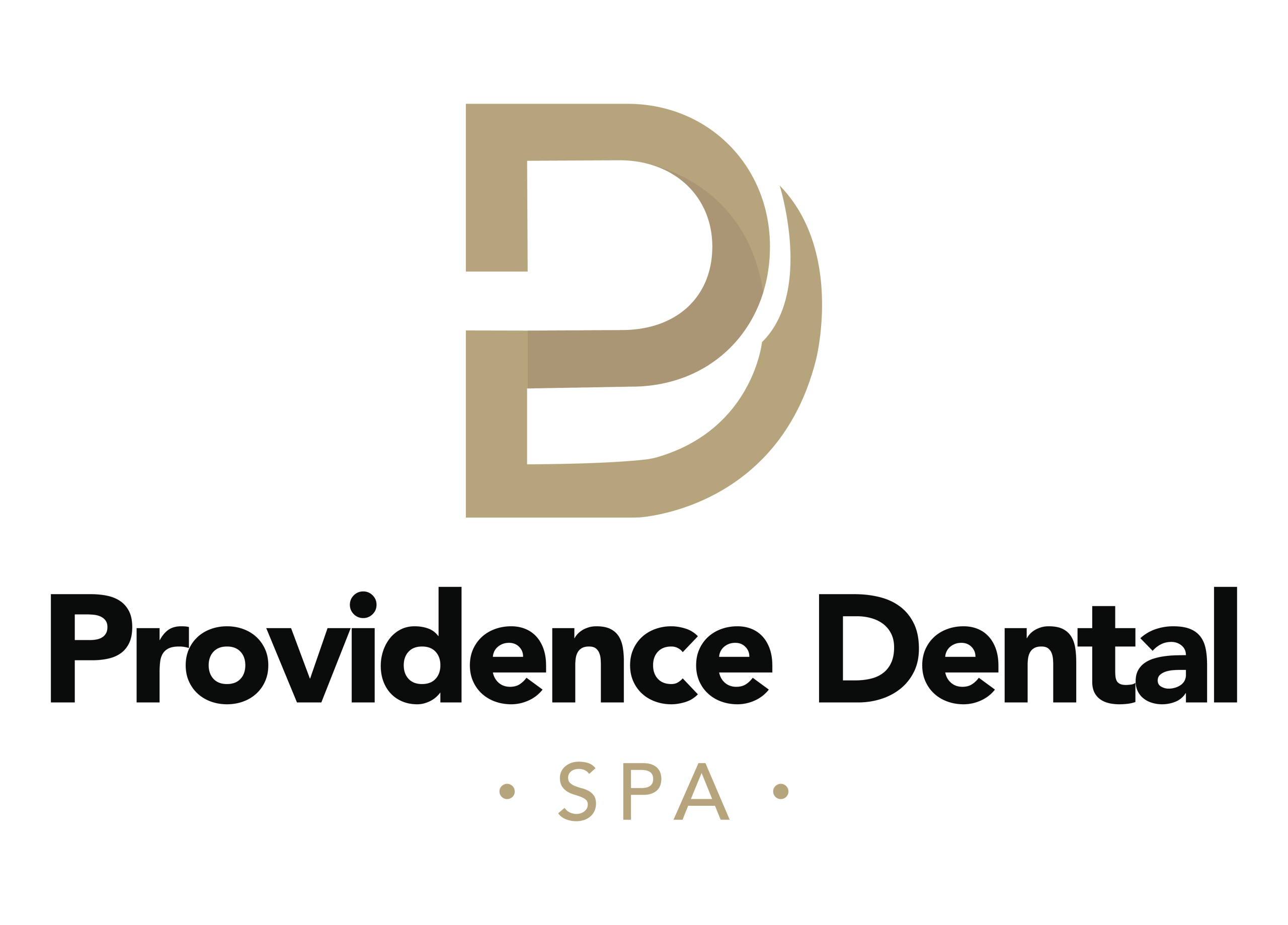Do you want the prettiest smile in Macon? Good oral hygiene is one way to get it, and flossing should be an essential part of your daily routine. But should you floss before or after brushing your teeth? This is a common question asked by many people who are looking for the best way to keep their teeth and gums healthy. At first glance, this may seem like a minor issue, but there are actually benefits and disadvantages associated with both methods. In this article, we will explore the pros and cons so you can make an informed decision about which approach works best for you. We’ll also provide expert advice from dental professionals on maximizing the effectiveness of your oral care regimen. With our help, you can be sure that your mouth is in top shape!
Flossing is an important part of oral hygiene, and should be done at least once a day. It helps remove plaque and food particles that can get caught between teeth and below the gum line where brushing can’t reach. Flossing not only cleans these hard-to-reach areas but also stimulates the gums, helping prevent periodontal disease. When done regularly, flossing helps maintain healthy gums, prevents tooth decay and cavities, reduces bad breath, and can even help improve the overall appearance of your smile.
In addition, flossing offers benefits beyond oral hygiene. There is some evidence that suggests flossing might reduce blood pressure levels by removing bacteria from beneath the gum line. Additionally, research has indicated that it may help strengthen dental enamel over time by cleaning away acids and bacteria before they are able to damage tooth enamel.
But should you floss before or after brushing? To answer this question, let’s explore the benefits and disadvantages associated with both methods.
Flossing Before You Brush
Flossing before you brush has both positives and negatives. On the plus side, flossing first helps dislodge any food particles that may be stuck between teeth. This can help reduce the risk of plaque buildup and cavities, as brushing alone often does not remove all of these particles. Additionally, flossing first ensures that your toothbrush bristles are able to reach these areas more effectively. This can help your brushing efforts be more successful in removing plaque and preventing gum disease.
A potential downside to flossing before brushing is that it can cause gums to be more sensitive to brushing. Additionally, some people find it uncomfortable or difficult to move the floss back and forth in their mouths prior to brushing, which could lead to a less thorough clean.
Flossing After You Brush
Flossing after you brush can also provide many benefits for your oral health. The primary benefit is that it helps remove any remaining plaque and debris after you finish brushing. This can help ensure that your mouth is completely clean, which can go a long way in preventing gum disease and cavities. Additionally, flossing after brushing can reduce irritation to the gums and protect against the possibility of abrasion from overly vigorous brushing.
However, one potential disadvantage to flossing after brushing is that food particles stuck between teeth may still remain. This could lead to an increased risk of tooth decay or gum disease if these particles are left in place for too long. Additionally, some people find it difficult to maneuver the floss around their teeth without irritating the gums once they have already brushed them.
What Do We Recommend?
Brushing and flossing are two of the most important activities for maintaining a healthy mouth. Brushing removes plaque, bacteria, and food debris that can cause cavities and gum disease. Flossing is just as important because it helps remove plaque from hard-to-reach areas between teeth that brushing may miss.
At Providence Dental Spa, we recommend that individuals always use a combination of both brushing and flossing to ensure optimal oral hygiene. While it’s beneficial for some people to floss before they brush, others may prefer to do it after – there’s no one-size-fits-all solution when it comes to dental hygiene habits! Overall, it’s important for individuals to take extra care when using floss to reach areas around their gum lines. If you want advice on what’s best for you, consult with a dentist at Providence Dental Spa. We can provide additional guidance on how to approach your unique dental care regimen. With proper care and attention through regular brushing and flossing, you can ensure that your smile remains healthy and beautiful for years to come!

